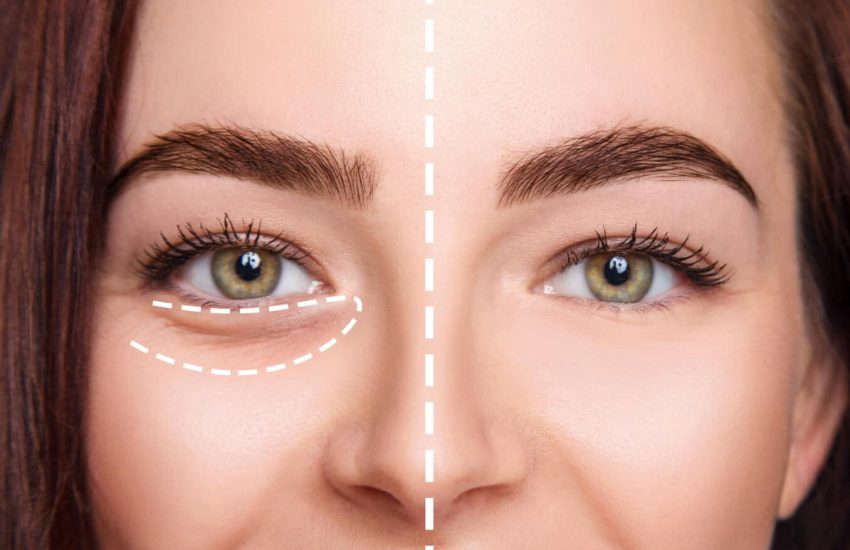What Physiotherapy Can Treat – Unlocking the Potential
Physiotherapy, a versatile and holistic approach to healthcare, can address a wide array of physical conditions, enhancing patients’ quality of life. But what specific issues can this discipline treat? Join us as we explore the remarkable scope of physiotherapy and how it could help you on your path to better health and well-being.
The Power of Movement: A Broad Spectrum of Conditions
Physiotherapy is not limited to any particular condition or demographic. With its numerous techniques and modalities, it has the potential to treat various issues, including:
- Musculoskeletal disorders: From back and joint pain to sports injuries and post-operative rehabilitation, physiotherapy can help alleviate pain and improve mobility.
- Neurological conditions: Patients with neurological disorders, such as stroke, multiple sclerosis, or Parkinson’s disease, can benefit from physiotherapy in regaining strength, balance, and coordination.
- Cardiorespiratory issues: For individuals suffering from chronic respiratory diseases like asthma or coping with the after-effects of a cardiac event, physiotherapy can enhance endurance and promote better breathing.
- Paediatric concerns: Children with developmental delays, cerebral palsy, or other congenital conditions can benefit from specialised paediatric physiotherapy.
- Geriatric care: Older adults experiencing age-related mobility issues, arthritis, or osteoporosis can maintain and even improve their functional abilities through physiotherapy.
Are you wondering how physiotherapy can make such a difference in the lives of patients with various conditions? Let’s explore some physiotherapists’ techniques and see what physiotherapy can treat.
Transformative Techniques: The Cornerstones of Physiotherapy
Physiotherapists utilise a diverse array of methods to address the specific needs of their patients. Some of these techniques include:
- Manual therapy: Manipulating joints and soft tissues to relieve pain and enhance mobility.
- Therapeutic exercises: Tailored exercise programmes to help patients regain strength, flexibility, and functional capacity.
- Electrotherapy: The use of electrical devices to reduce pain and inflammation and facilitate healing.
- Aquatic therapy: Harnessing the properties of water to support movement and promote recovery.
How can you determine whether physiotherapy is correct for you or a loved one?
Is Physiotherapy the Right Choice? A Path to Better Health
When considering physiotherapy, it’s crucial to consult a healthcare professional who can assess your specific needs and recommend the most appropriate course of action. However, if you are experiencing any of the following, physiotherapy may be a viable option:
- Persistent pain affecting daily activities
- Difficulty with mobility, balance, or coordination
- Post-surgery recovery
- A desire to improve physical fitness and prevent injuries
Are you ready to take the first step towards a healthier, more mobile life?
In Conclusion: The Power to Heal and Transform Lives
Physiotherapy offers many benefits, addressing various conditions that impact physical function and overall well-being. By utilising evidence-based techniques and a personalised approach, physiotherapists empower patients to overcome limitations and improve their quality of life.
If you’re seeking a solution to pain, mobility issues, or other physical concerns, consider the transformative potential of physiotherapy. Embark on a journey to better health, and unlock the healing power of movement.



